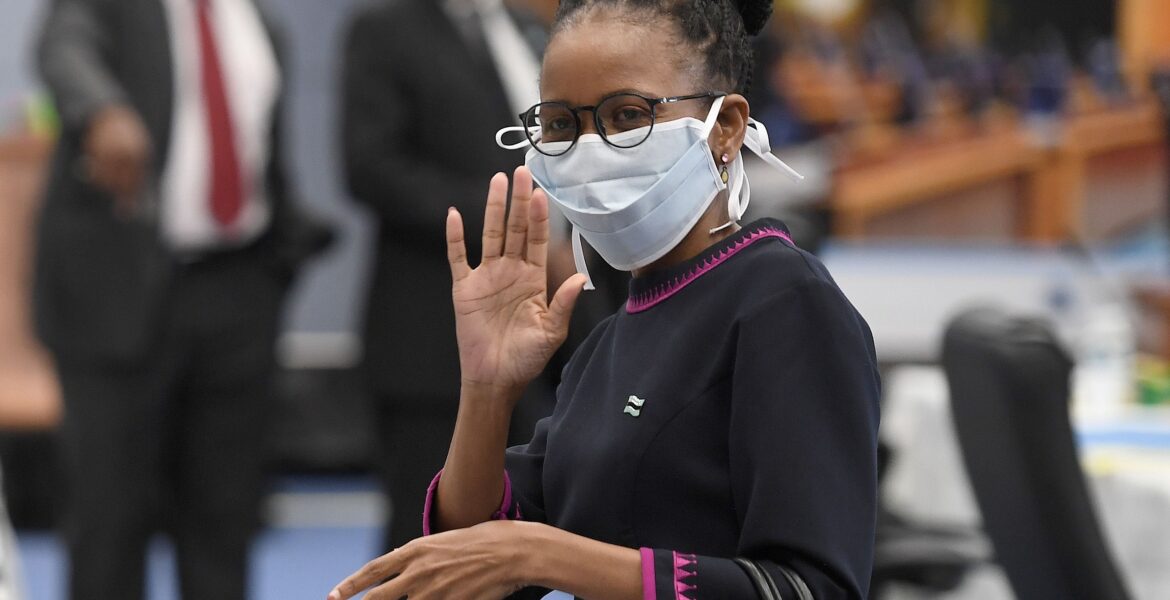- Amended FIA confers more powers on minister
- Religious leaders removed from scrutiny because of difficulties of classifying them
- High consultative committee beefed up and will implement UN sanctions
TEFO PHEAGE
The Minister of Finance, Peggy Serame, is now authorised to declare a person a terrorist and an organised group of people terrorists, The Botswana Gazette has established. The is in accordance with the newly published Financial Intelligence Agency (FIA) Act, which is an amendment of the 2019 law.
Explaining the background to the amendments, former director of FIA, Dr Abraham Sethibe, who is also a financial expert, noted: “The 2019 Act required a specified party or accountable institution to provide the risk assessment to a supervisory body. The 2022 Act expands this requirement for the assessment to also be provided to a competent authority or self-regulating body upon request.”
The mandate of the National Coordinating Committee on Financial Intelligence (NCCFI) has also been expanded from coordination of Anti-Money Laundering/Combating Financing of Terrorism (AML/CFT) to include overseeing the implementing UN security sanctions.
“The committee recommends declaration of terrorists to the minister,” Sethibe explained. “In addition, the responsibility or membership of the committee is pitched to permanent secretary level to match the seriousness of the issues handled. The committee has also been expanded to include other important stakeholders for implementation of AML/CFT that were not included in the 2019 Act.”
The amendments are primarily a response to emerging challenges and developments around the world relating to terrorism and money laundering, among other things.
Removal of religious leaders as senior executives of private entities is among the changes made. “Classification was difficult because anybody can establish a church and call himself or herself a bishop,” said Sethibe “It was difficult to separate a bishop of an established church from those who worship under trees with less than 20 members, for example.”
“For the private entities, a turnover threshold is introduced. This is to accept the fact that they are important for AML/CFT, hence the need to bring them in while targeting those that matter most, given their size.”
He noted that the amendments of the definition of “prominent influential persons” (PIP) was also problematic. “The definition of PIP was broad and difficult to implement, hence the introduction of the threshold and removing some who are not important for Anti-Money Laundering,” he said.
According to Sethibe, some changes relate to the expansion of committees for inclusivity of key stakeholders omitted in the 2019 Act.
Botswana has struggled to improve its position 113 ranking that it has held since two years ago and remain there in the latest Financial Secrecy Index (FSI-2022). Expectations are that transparency reforms through amendments such as these will help improve the country’s rating. The FSI Index ranks jurisdictions most complicit in helping individuals to hide their finances from the rule of law.

